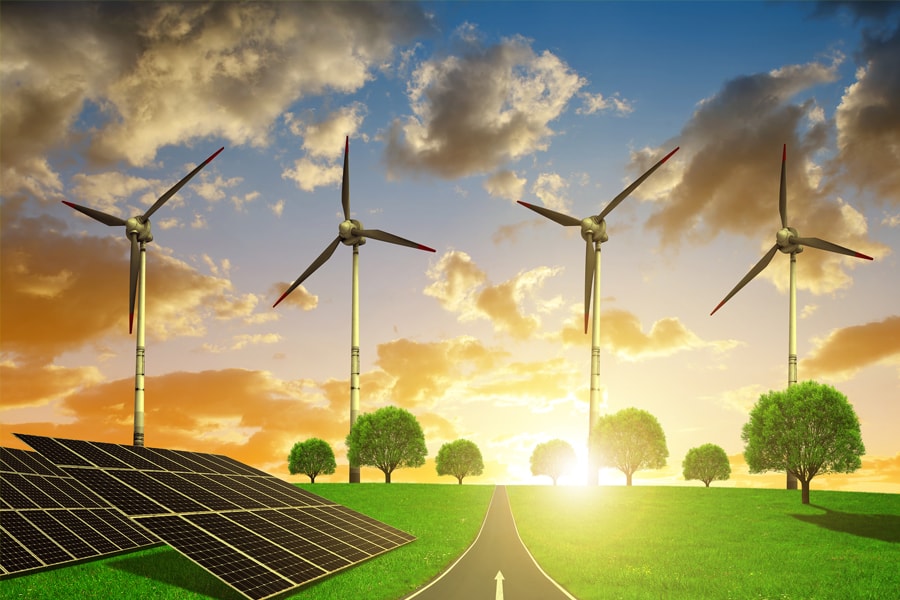NIGERIA UNVEILS $3.1 TRILLION RENEWABLE ENERGY STRATEGY AT WORLD ECONOMIC FORUM
REPORTED BY: TOBI ADETUNJI
During the 54th Annual Meeting of the World Economic Forum in Davos, Switzerland, Dr. Heineken Lokpobiri, the Minister of State for Petroleum Resources (Oil), disclosed that Nigeria is set to allocate a total of $3.1 trillion for the transition from fossil fuel to cleaner and renewable energy.
Lokpobiri has outlined Nigeria’s ambitious plan to invest a total of $3.1 trillion in transitioning from fossil fuel to cleaner and renewable energy. The projected energy transition plan is set at $1.9 trillion, while an estimated $1.2 trillion is earmarked for the renewable energy initiative by 2060.
Taking to his social media handle, the minister, in collaboration with Vice President Kashim Shettima and other global leaders, underscored Nigeria’s commitment to responsible fossil fuel exploration, leveraging advanced technologies. He emphasized that Nigeria’s energy policies align with the expectations of the Organization of the Petroleum Exporting Countries (OPEC), demonstrating the nation’s dedication to sustainable practices.
Addressing the transition from fossil fuels, Lokpobiri emphasized that Nigeria, particularly in Africa, will not depend on aid and grants for the shift to cleaner and renewable energy sources by 2060. He reiterated the projected energy transition plan of $1.9 trillion and the renewable energy plan of $1.2 trillion.
During the 54th Annual Meeting of the World Economic Forum (Davos 2024), Lokpobiri utilized the platform to present strategic initiatives, positioning Nigeria as an attractive investment destination in the oil sector. He invited prospective investors to join in this transformative journey, ensuring mutual prosperity and sustainable energy solutions.
To realize the energy transition and renewable energy plans, the minister stressed the need for increased investment in Nigeria’s oil and gas sector to bolster the economy and ensure energy security. He advocated for domestic control of mining and production, leveraging the abundant mineral resources to generate climate finance for Africa, emphasizing the importance of trade and partnerships in the transition discussions, moving beyond mere deadlines.
Source: Techeconomy

